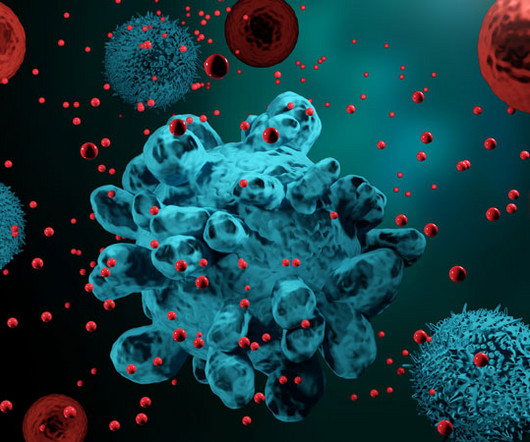PharmaShots Weekly Snapshots (January 23 - 27, 2023)
PharmaShots
JANUARY 27, 2023
Magenta Therapeutics Pauses the P-I/II Study in AML Patients Date: Jan 27, 2023 | Tags: Magenta Therapeutics, MGTA-117, AML, Clinical Trial, P-I/II Ipsen Receives CHMP Negative Opinion for Palovarotene to Treat Fibrodysplasia Ossificans Progressiva Date: Jan 27, 2023 | Tags: Ipsen, Palovarotene, Fibrodysplasia Ossificans Progressiva, Regulatory, CHMP, (..)













Let's personalize your content